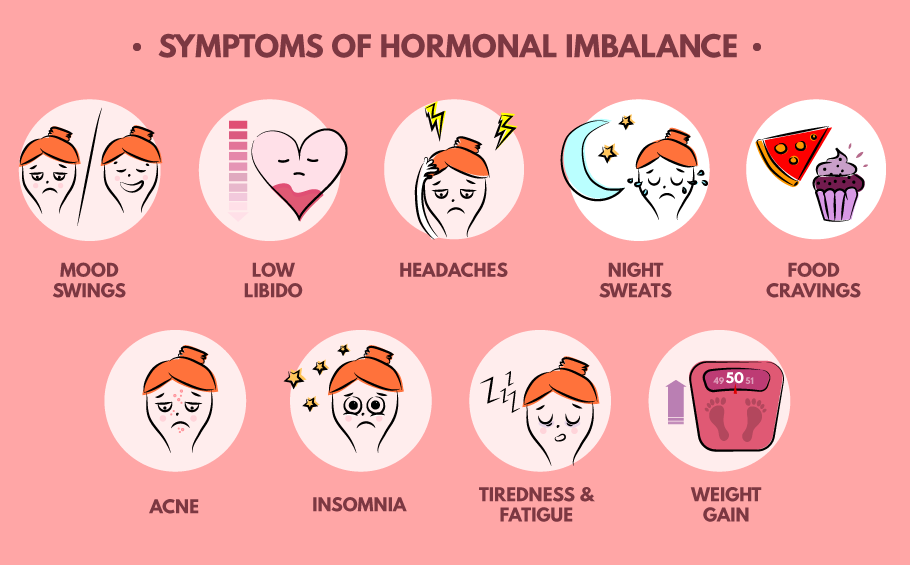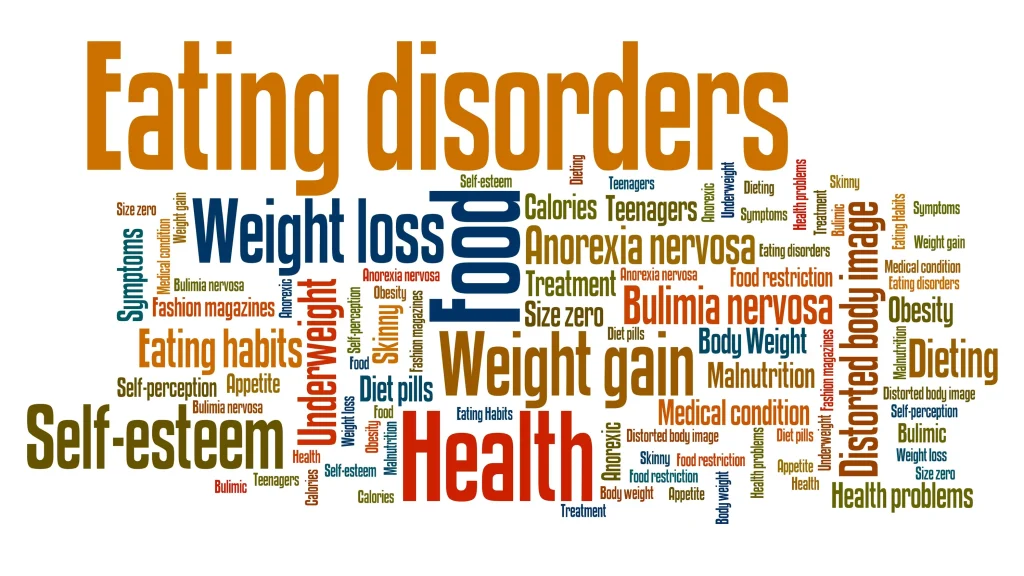Intermittent fasting has surged in popularity, lauded for its role in weight management and potential health benefits. This dietary approach, which cycles between periods of eating and fasting, is not without its detractors, who point to several risks and side effects. While many focus on the rewards of this eating pattern, this post will delve into the less-discussed dangers it may pose to individuals, revealing why a deeper understanding and caution are imperative before embarking on such a regimen.
Contents
Fatigue
The adoption of intermittent fasting often heralds a period of energy fluctuation. Initially, the body, accustomed to regular nourishment, may struggle to maintain optimal energy levels when deprived of its usual calorie intake. This can result in a noticeable dip in vigor, particularly for those new to the practice. Over time, while some adjust, others may continue to experience chronic lethargy. This state of fatigue is not just a matter of inconvenience; it can impair cognitive function, decrease work productivity, and affect the overall quality of life.
Persistently low energy levels may also indicate underlying nutritional deficiencies. A restricted eating window can sometimes lead to suboptimal intake of calories and essential nutrients, especially when food choices are limited or poorly planned. Ensuring a balanced diet within the eating window is crucial, but it can be challenging to achieve, potentially leading to sustained periods of low energy that can impact various facets of health and well-being.
Insomnia
The link between intermittent fasting and sleep is complex and multifaceted. Altering eating patterns can disrupt the body’s internal clock, which relies on consistent signals to regulate sleep. Fasting can shift the production of sleep-regulating hormones and neurotransmitters, potentially leading to insomnia. This sleep disruption may not only result in difficulty falling or staying asleep but can also diminish sleep quality, leading to a non-restorative sleep cycle that further exacerbates daytime fatigue.
Moreover, fasting-induced stress can escalate the body’s production of cortisol, a hormone that, in elevated levels, is known to hinder sleep. Nighttime awakenings become more frequent, and the sleep that is achieved during fasting periods can be less recuperative. Sleep is a foundational component of health, and its disturbance can have a ripple effect, increasing the risk for a host of health issues, from metabolic imbalances to cognitive decline.
Dehydration
Intermittent fasting can subtly lead to a decrease in fluid intake. Without the regular cues from meal times, individuals may forget to hydrate sufficiently, as food often prompts the consumption of liquids. This inadvertent reduction in fluid intake can quickly escalate into dehydration, with early symptoms including headaches, dizziness, and concentrated urine. The risks associated with dehydration are significant, as it not only affects physical performance but also cognitive function and overall health.
It’s crucial for those practicing intermittent fasting to be intentional about their water intake. The human body depends on water for a multitude of processes, from cellular function to temperature regulation. Fasting periods should be accompanied by a conscious effort to drink water regularly throughout the day. This can be particularly challenging for individuals who rely on meal times as reminders to hydrate, necessitating a more deliberate approach to fluid consumption.
Muscle Loss
The body’s response to fasting includes the conservation of energy, and at times, this can mean turning to muscle protein as a fuel source. This is especially true when glycogen stores are depleted and calorie intake is too low to sustain muscle mass. Athletes and those engaged in regular physical activity need to be particularly cautious, as intermittent fasting may impair recovery and performance. Over time, this can lead to muscle breakdown, which not only affects physical strength and endurance but also metabolic health, as muscle tissue plays a key role in glucose metabolism.
Strategies to preserve muscle mass include timing protein intake to coincide with periods immediately after resistance training, when muscles are most receptive to protein synthesis. Moreover, it is important to ensure that the diet contains adequate protein spread throughout the eating window to provide a constant source of amino acids, essential for muscle repair and growth. These measures are not only important for athletes but also for aging adults, for whom muscle preservation is crucial for maintaining mobility and independence.
Hormonal Imbalances
Intermittent fasting can have profound effects on hormonal balance, which governs a wide array of bodily functions. Hormones like insulin, which regulates blood sugar levels, can become more sensitive with fasting, which is beneficial in some respects but may pose risks if not carefully managed, especially in individuals with diabetes or metabolic disorders. Additionally, adrenal hormones, including cortisol, which can influence stress responses, may become chronically elevated during prolonged periods without food, potentially leading to issues like adrenal fatigue.
The impact on reproductive hormones should not be overlooked. Women may experience changes in their menstrual cycles due to the stress response triggered by intermittent fasting. This stress can disrupt the secretion of gonadotropins, hormones that control the menstrual cycle, potentially leading to irregular periods or amenorrhea. In men, there can be a decrease in testosterone levels, which is essential not only for reproductive health but also for muscle mass, bone density, and overall vitality.
Risk Of Eating Disorders
The structured nature of intermittent fasting might, paradoxically, trigger disordered eating patterns in susceptible individuals. The rigid rules about when to eat can be a slippery slope into an unhealthy preoccupation with food and obsessive behavior. Some might find the fasting and feasting cycle to create a psychological environment conducive to binge eating, followed by guilt and a period of excessive restriction, a pattern that can evolve into an eating disorder.
It is essential for individuals to remain vigilant about their relationship with food while practicing intermittent fasting. Any signs of disordered eating should be taken seriously, and professional help should be sought. The key to a healthy diet is not just in the timing of meals but in the approach to eating itself, which should be flexible and forgiving to prevent the development of unhealthy habits that can last a lifetime.
The Bottom Line
While intermittent fasting presents many potential benefits, it’s not without its risks. From nutrient deficiencies to hormonal imbalances, the impact on the body can be significant. It is vital for anyone considering this eating pattern to approach it with caution, armed with knowledge and in consultation with a healthcare provider, particularly if there are pre-existing health issues. Acknowledging the possible adverse effects is an essential step in fostering a sustainable and healthy approach to intermittent fasting.








